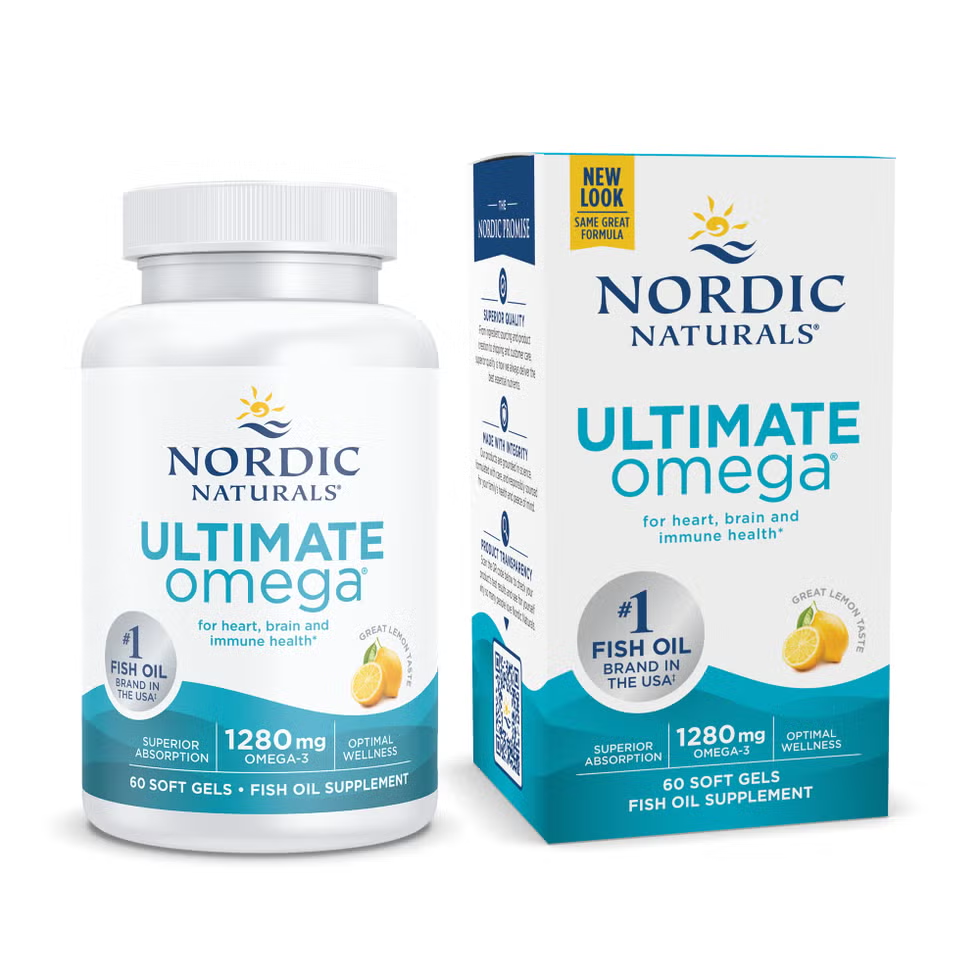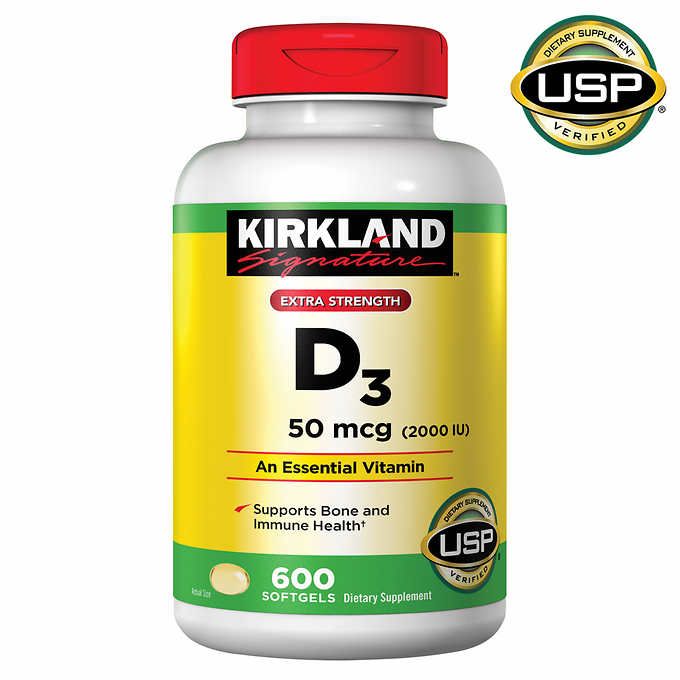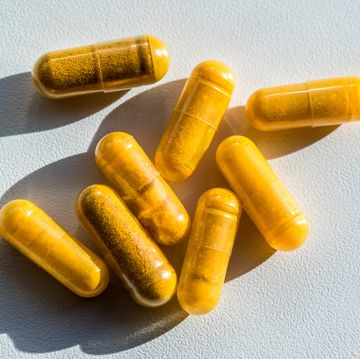8 Best Supplements for Anxiety, According to Registered Dietitians
These research-backed supplements may help combat anxiety and depression.

We've been independently researching and testing products for over 120 years. If you buy through our links, we may earn a commission. Learn more about our review process.
Roughly 31% of adult Americans experience an anxiety disorder at some point in their lives. Severe anxiety disorders can even interfere with daily activities such as your performance at work, school and personal relationships.
While a healthy diet isn't an anxiety cure-all, balanced eating habits, exercise, sleep and other lifestyle practices may be the first step in managing anxiety symptoms. Certain nutrients may play a role in reducing anxiety as well. While supplements are not a substitute for anxiety treatment or a healthy lifestyle, there are some options that may help manage anxiety when complemented with appropriate lifestyle habits and therapy.
Our top picks:
"There’s evidence that certain supplements might reduce symptoms. But they aren’t a substitute for other behaviors, like a nutritious diet, exercise, stress management tools, therapy and medication, if needed," says New York City-based registered dietitian Samantha Cassetty, M.S., R.D., nutrition and wellness expert and co-author of Sugar Shock. "You’ll get the most benefit from a supplement if you combine it with other measures."
If deemed appropriate by your healthcare provider, a supplement for anxiety may be beneficial in helping manage some anxiety symptoms. But given that supplements are not approved by the U.S. Food and Drug Administration (FDA) prior to going to market, it's extra important to do your research to make sure that what is on the label is actually in the bottle.
You can learn more about how the Good Housekeeping Institute Nutrition Lab evaluates supplements, including tips for finding the best supplement for anxiety that will work for you, at the end of this guide. If you're looking for more tips on naturally alleviating anxiety, check out some other expert-approved ways to stop feeling anxious.
Take note: Our nutrition pros stress that a supplement should do just that: supplement the diet, not replace high-quality, healthy food. Check with your healthcare provider before starting any dietary supplement regimen.
Stefani (she/her) is a registered dietitian, a NASM-certified personal trainer and the director of the Good Housekeeping Institute Nutrition and Fitness Lab, where she oversees all nutrition and fitness-related content, testing and evaluation. She holds a master’s degree in clinical nutrition from New York University, as well as advanced certifications as a Women's Fitness Specialist and a Behavior Change Specialist. Stefani is dedicated to providing readers with evidence-based content to encourage informed food choices and healthy living. She is an avid CrossFitter and a passionate home cook who loves spending time with her big fit Greek family.

Readers Also Read
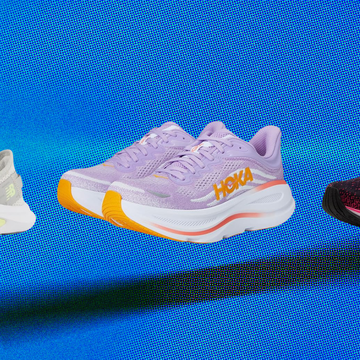
These Are the Best Walking Shoes for Women

Best Drops to Soothe Dry Eyes
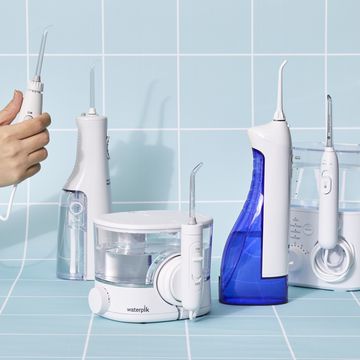
The 8 Best Water Flossers
The Best Fitness Watches for Women

